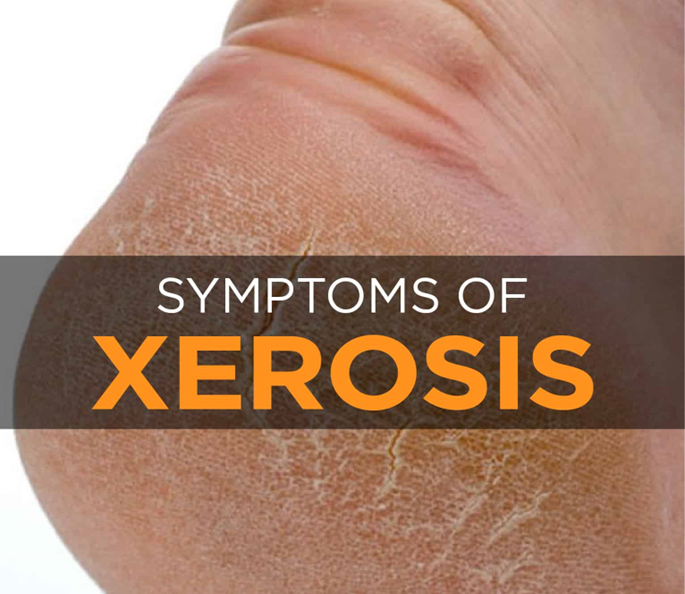Which conditions are likely to cause an older adult chronic pain? (Select all that apply.)
Low back pain
Hypoproteinemia
Headaches
Osteoarthritis
Hip replacement
Correct Answer : A,D,E
Choice A reason: Low back pain is a common condition that affects many older adults, as it can be caused by degenerative changes in the spine, disc herniation, spinal stenosis, osteoporosis, or muscle strain. Low back pain can be chronic, meaning it lasts for more than three months, and can interfere with daily activities and quality of life.
Choice B reason: Hypoproteinemia is a condition where the level of protein in the blood is abnormally low, which can be caused by malnutrition, liver disease, kidney disease, or inflammation. Hypoproteinemia can cause symptoms such as edema, fatigue, weakness, or hair loss, but it does not usually cause chronic pain.
Choice C reason: Headaches are a common symptom that can affect people of any age, but they are not necessarily chronic or related to aging. Headaches can be caused by various factors, such as stress, dehydration, sinus infection, migraine, or medication. Headaches can be acute, meaning they last for a short time, or chronic, meaning they occur for more than 15 days a month.
Choice D reason: Osteoarthritis is a degenerative joint disease that affects many older adults, as it causes the cartilage that cushions the joints to wear away, resulting in pain, stiffness, swelling, and reduced mobility. Osteoarthritis can affect any joint, but it is more common in the knees, hips, hands, and spine. Osteoarthritis can be chronic, meaning it worsens over time, and can limit the ability to perform daily tasks and enjoy life.
Choice E reason: Hip replacement is a surgical procedure that replaces a damaged or diseased hip joint with an artificial one, which can improve pain, function, and quality of life. However, hip replacement can also cause chronic pain, either due to complications, such as infection, dislocation, or loosening of the implant, or due to persistent inflammation, nerve damage, or scar tissue.
Nursing Test Bank
Naxlex Comprehensive Predictor Exams
Related Questions
Correct Answer is C
Explanation
Choice A reason: A licensed practical nurse is qualified to care for the feet of a client with diabetes is false because foot care for people with diabetes requires specialized training and skills that are beyond the scope of practice of a licensed practical nurse. A registered nurse or a podiatrist should provide foot care for people with diabetes, as they can assess, treat, and prevent foot problems such as ulcers, infections, or nerve damage.
Choice B reason: Onychomycosis is quickly eradicated with antifungal creams or powders is false because onychomycosis, or fungal nail infection, is a stubborn and persistent condition that can take months or years to clear. Antifungal creams or powders are usually not effective for onychomycosis, as they cannot penetrate the nail plate. Oral antifungal medication or laser therapy may be needed to treat onychomycosis.
Choice C reason: Maintaining oral hydration may reduce the incidence of xerosis is true because xerosis, or dry skin, is a common problem for older adults, as their skin produces less oil and moisture. Drinking enough fluids can help hydrate the skin and prevent dryness, itching, cracking, or infection. The recommended fluid intake for older adults is 2400 mL/day, according to the National Council on Aging.
Choice D reason: Ram’s-horn nail should be cut to give a smooth, rounded edge is false because ram’s-horn nail, or onychogryphosis, is a condition where the nail becomes thickened, curved, and distorted. Cutting the nail can be difficult and painful, and may cause bleeding or infection. A podiatrist should trim and file the nail, and treat any underlying causes of the condition.

Correct Answer is C
Explanation
Choice A reason: Call for someone to bring the sign is not the most important intervention, as it does not address the immediate safety needs of the client. The sign is only a visual reminder of the fall risk, but it does not prevent the client from getting out of bed without assistance.
Choice B reason: Ensure he can reach his personal items is not the most important intervention, as it does not address the potential reasons for the client to get out of bed. The personal items may not include the items that the client needs, such as a phone, a book, or a snack.
Choice C reason: Instruct the client to use the call bell for help is the most important intervention, as it can prevent the client from falling and injuring themselves. The call bell is a device that allows the client to communicate with the nurse and request for help when needed. The nurse should educate the client about the importance of using the call bell and the risks of getting out of bed without assistance.
Choice D reason: Provide a urinal and drinking water is not the most important intervention, as it does not address the possible causes of the client's fall. The client may not need to use the urinal or drink water at the moment, or they may have other needs that are not met by these items.
Choice E reason: None of the above is not the correct answer, as there is one choice that is the most important intervention for the nurse to implement to prevent this event.
Whether you are a student looking to ace your exams or a practicing nurse seeking to enhance your expertise , our nursing education contents will empower you with the confidence and competence to make a difference in the lives of patients and become a respected leader in the healthcare field.
Visit Naxlex, invest in your future and unlock endless possibilities with our unparalleled nursing education contents today
Report Wrong Answer on the Current Question
Do you disagree with the answer? If yes, what is your expected answer? Explain.
Kindly be descriptive with the issue you are facing.
